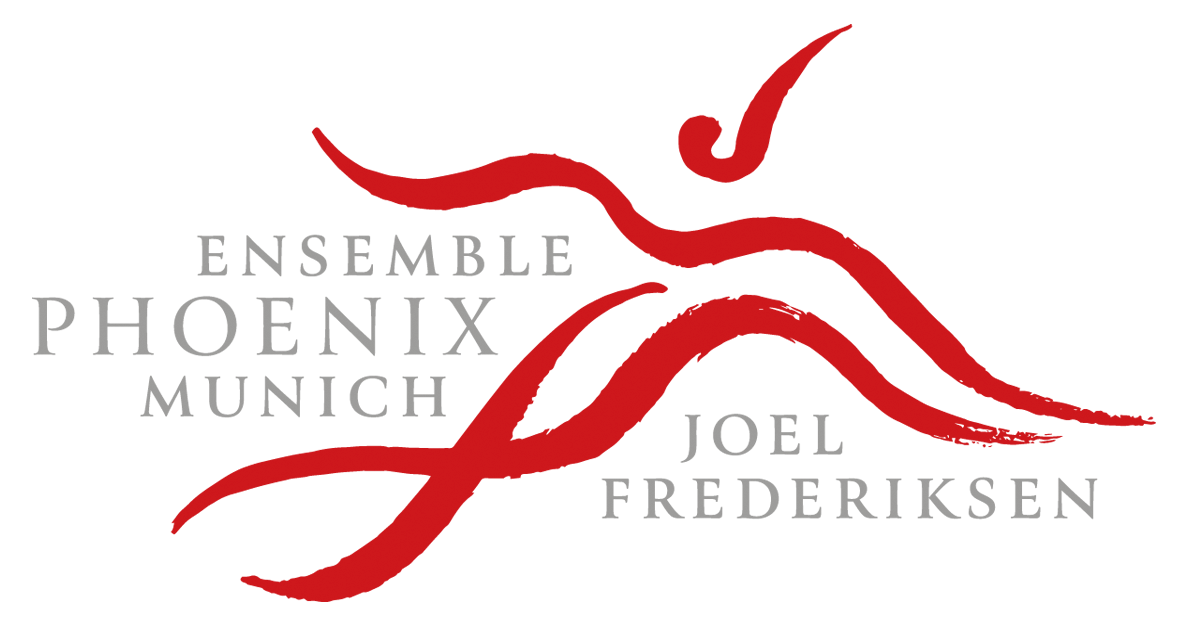Battaglia — The fight between heavenly and luciferian powers in Rome
Divine and Profane in Rome
In Baroque Rome, portraying battles in music was just as much a custom as describing of the struggles between good and evil. The most famous of the composers, Giacomo Carissimi, was born in 1605 and died in 1674 in his hometown of Rome. From 1628 until his death he was Kapellmeister at the Basilica minor Sant'Apollinare of the Collegium Germanicum. In his work Lucifer he describes the arrogance of the fallen angels and their struggle with the divine powers in a dramatic motet. One of the most important composers of the early Baroque was Giulio "Romano" Caccini. He worked in Florence, his Camerata Florentina laid the foundation for the opera; but he was probably born in Rome. An Italian aristocratic lutenist and composer of German descent, Johannes Hieronymus (or Giovanni Girolamo) Kapsberger wrote virtuoso and eccentric pieces for theorbo and no less interesting songs. Kapsberger founded an academy in 1610 in Rome and is buried there. Girolamo Frescobaldi, organist at St. Peter's Basilica, was one of the most influential musicians of his time as a composer, organist, but also as a teacher (many Europeans made pilgrimages to work with him). His song Donna siam rei di morte is a perfect early Baroque monody, with an expressive and perfectly balanced play between word and music.
Performers: Joel Frederiksen — bass, archlute / Axel Wolf — theorbo, lute


